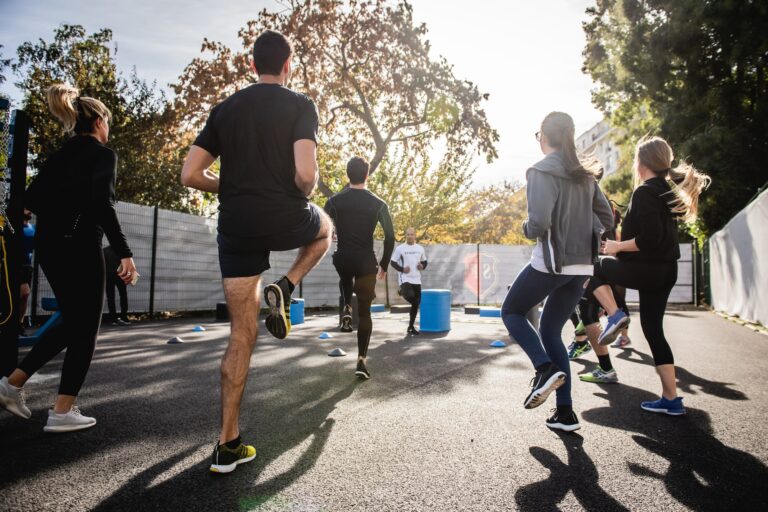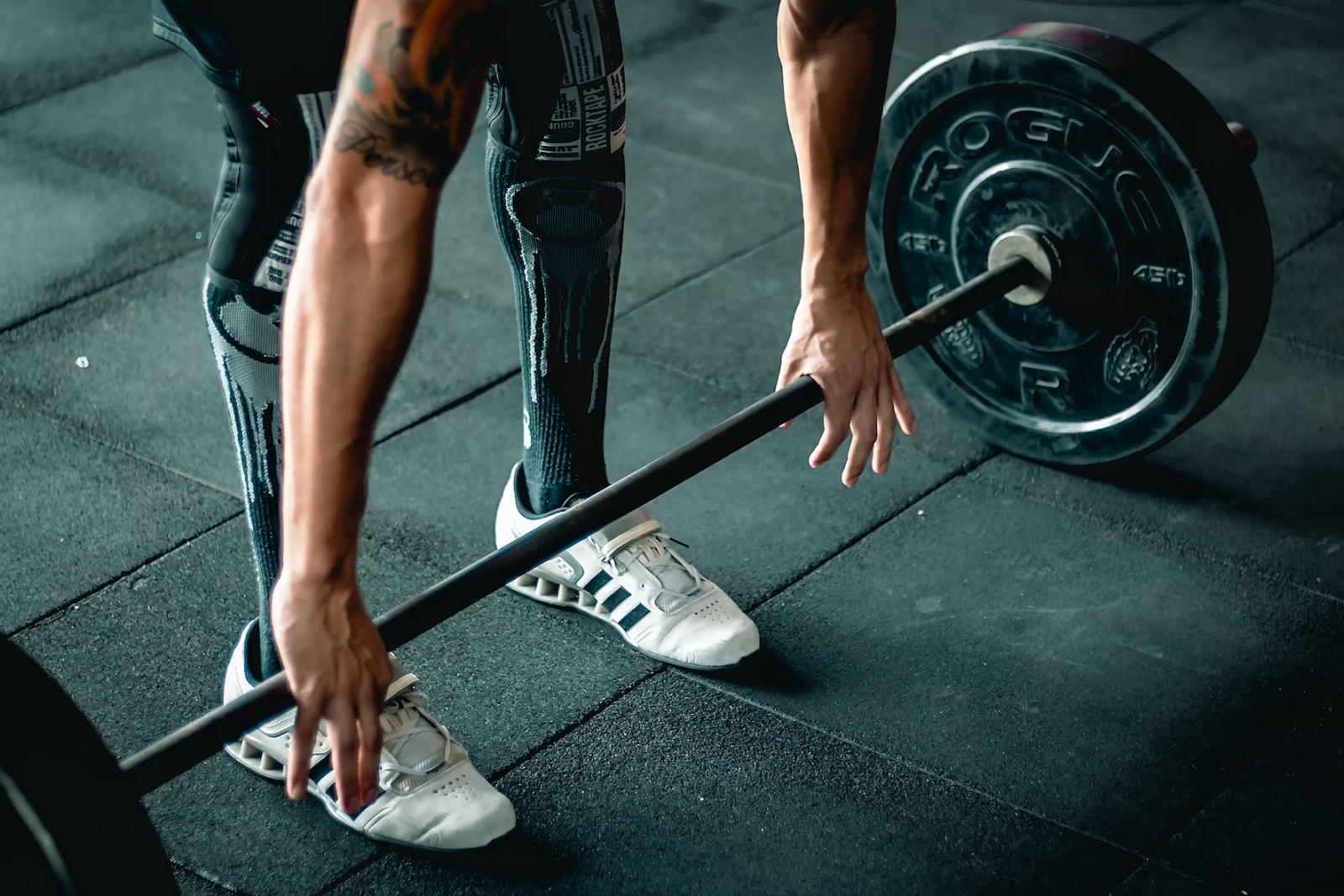Basically, every student-athlete realizes that workouts aren’t enough to get the body in shape. Proper nutrition is equally important. A balanced diet allows you to achieve brilliant sports results faster and more efficiently.
Eating habits play a pivotal role in amplifying the outcomes of your workout regimen and boosting overall well-being. To assist in maintaining a healthy diet, we've curated some essential guidelines. Admittedly, devising such plans is time-consuming. Fortunately, there's a solution to alleviate the pressures of a tight schedule. Students, for instance, can use an https://essaypro.com/ and theassignmentninjas if they find it challenging to juggle their academic responsibilities along with other commitments. By delegating specific tasks like this, you can create room for more pressing activities and ensure a balanced, manageable routine.

When sugar enters the body, it stimulates insulin production. It slows down fat burning, so the results from training won’t be obvious so quickly. Sugar is found not only in chocolate and cookies, but in some yogurts and juices as well. Therefore, replace them with fruits, water, or fresh juices. Of course, not all sugars are bad: natural ones are still important, unlike the processed ones.
Student-athletes are recommended to limit the amount of fats they consume to 10-30%. Instead of eating saturated fats (butter, cheese, red meat), better focus on unsaturated ones. They can be found in avocados, soybeans, peanuts, and hazelnuts. As for the milk and dairy products, ensure they are low in fat.
The body quickly absorbs carbohydrates and it, in turn, increases blood sugar levels. Since high blood sugar is a danger to the body, the system tries to neutralize it as quickly as possible, converting calories into fat reserves. Replacing the foods rich in simple carbohydrates with whole grains, like cereal and pasta made from durum wheat will help mitigate and prevent this process.
The process of frying changes the food’s properties, increasing its calorie content and the amount of fat. Also, the chemical called acrylamide is formed and it is known to increase the risk of chronic and oncological diseases. That’s why giving up on fried products makes sense - better go for something baked, boiled, or steamed.
Red meat contains a high level of fat that leads to an increase in cholesterol. It has negative effects on how your cardiovascular system functions. Consider limiting the intake of red meat. Instead, replace it with poultry, legumes and fish.
Water is involved in all metabolic processes of the body, and is also a natural thermostat, so you need to drink it during a workout. The bare minimum is 8 glasses of water per day. Coffee, tea, juices and other drinks aren’t considered as clear water, so their role is more additional.

Perhaps this is the basic advice for all athletes. Whether you're trying to gain muscle mass or recover from an injury, here's what you need to know. Alcohol dehydrates the body, blocks the production of glucose and interferes with energy production. All this is simply unacceptable for athletes. In addition to this, alcohol dulls the reaction and increases the number of heart contractions, so better avoid alcohol altogether, even in small doses.
Fiber improves metabolism and gut microbiota and also speeds up the process of weight loss. For that reason, make sure you are eating enough fiber. Fiber-rich foods include bran, cabbage, green leafy vegetables, legumes, mushrooms, and fruits.
Vegetables and fruits are sources of many vitamins, minerals and fiber that the body needs. Hence, they must be consumed daily in an adequate amount. WHO recommends eating 5 portions, or 400 grams (or 14 ounces) of vegetables daily. Separate them into smaller portions and add them to the main course.
Student-athletes should have a meal every 3-4 hours. The whole training process is built on frequent meals, which is the fuel for the body. And if it is not enough, then the training will be ineffective. The body will use muscle tissue as an energy source and you certainly don’t want this.
Many students hardly manage to eat on time due to the huge academic load, so they turn to the best essay writing services which help them a lot. You will definitely see that eating according to the schedule will bring amazing results.
In fact, you don’t have to forget about your favorite sweets or late-night fries. The diet should be adjusted gradually so that the body adapts to it without stress. There is an excellent rule of little sacrifices. For instance, gradually eliminate cheese, then chocolate, and then butter. You can also replace junk food with more healthy options, for example, boiled or steamed dishes.
Real athletes know exactly what it's like to carry lunch boxes with them. All kinds of food containers with chicken, nuts, or protein bars can easily become a part of your reality. No cafe or restaurant will provide you with a healthy lunch or snack, especially given the fact that you need to eat quite often. So, it's worth getting in the habit of preparing the right foods for yourself in advance and taking them with you both to college and the gym.
An athlete leads a much more energy-intensive lifestyle than the average student. Due to the high amount of calories burnt during the workout, it is necessary to replenish the energy spent.
However, the main recommendation that professionals can give is to remember about your individuality. Try to listen to your body and don't eat a certain food just because someone told you to.
Focus on natural products that don’t have any additives. And of course, don’t forget about water, since athletes lose a large amount of fluid due to physical activity.
In today’s reality, when the training is combined with millions of other activities, it isn’t always possible to monitor your nutrition. However, by consulting a professional nutritionist, you can surely keep your eating habits under control.
Be the first to post comment!